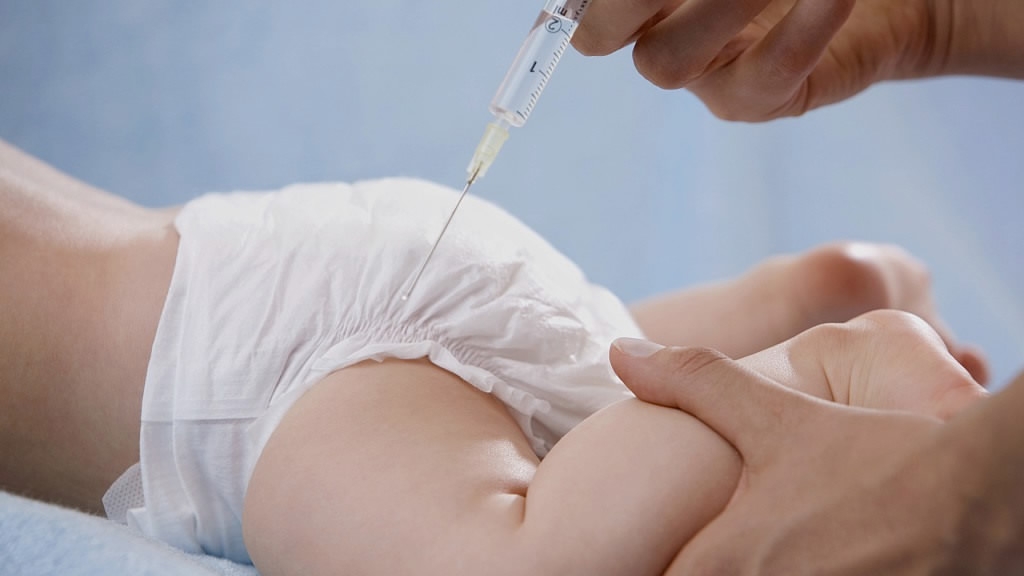
Tech & Sci
20:01, 10-Sep-2017
Researchers find way to cut antibiotic overuse in babies

Researchers in Switzerland have successfully tested a way of targeting antibiotic therapy in newborn babies, in an effort to avoid overuse of treatment and potential side effects, local media said on Saturday.
According to authors of the study which has been published in "The Lancet," in Europe and North America up to seven percent of all newborn babies receive antibiotics within their first three days of life to prevent a possible bacterial infection before it is too late.

Up to seven percent of all newborn babies receive antibiotics within their first three days of life in Europe and North America. /VCG Photo
Up to seven percent of all newborn babies receive antibiotics within their first three days of life in Europe and North America. /VCG Photo
However, only 0.1 percent of them have such an infection, which "suggests substantial overtreatment." Overuse of powerful antibiotics can have a damaging effect on an infant's other microorganisms that play helpful roles in immunity and other systems, the authors said.
The latest study, spanning six years, was originally led by Lucerne's Children's Hospital, located in the canton of Lucerne in central Switzerland, to find a way to better target antibiotic use in babies who may be suffering from sepsis, a potentially fatal reaction to a bacterial infection.
Sepsis is so dangerous that doctors will often immediately use antibiotics on infants, especially very young babies, who show signs of it, even before test results are available. But disruption of the baby's immune system, as a consequence of antibiotics overuse, has been proved to cause several chronic conditions, including allergies, obesity, diabetes and inflammatory bowel disease.

Though antibiotics can fight dangerous bacterial infections, they can also harm an infant's other microorganisms that play helpful roles in immunity and other systems. /VCG Photo
Though antibiotics can fight dangerous bacterial infections, they can also harm an infant's other microorganisms that play helpful roles in immunity and other systems. /VCG Photo
The researchers studied over 1,700 infants from 18 hospitals across Europe and Canada, including four in Switzerland. Roughly half the infants received the standard treatment, while the other half received doses of antibiotics based on their blood levels of a protein called procalcitonin (PCT), which can indicate a bacterial infection in the body.
The PCT test, which requires only a small sample of blood, proves to be a fast and reliable method to better target antibiotic treatment so as to reduce the overall duration of antibiotic therapy.
8027km
Source(s): Xinhua News Agency

SITEMAP
Copyright © 2018 CGTN. Beijing ICP prepared NO.16065310-3
Copyright © 2018 CGTN. Beijing ICP prepared NO.16065310-3